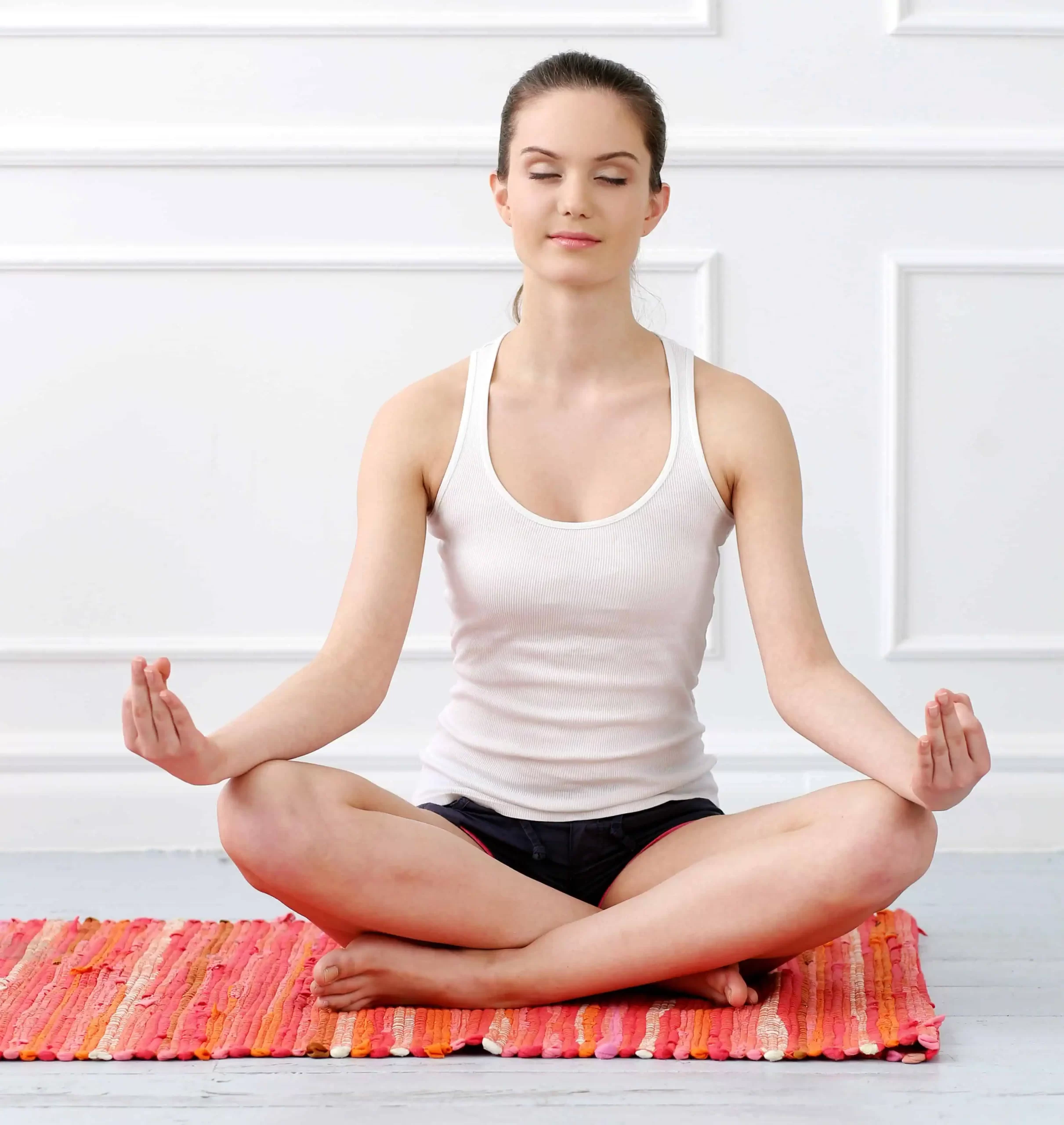Integrating Yoga Therapy into Mental Health Treatment: Benefits and Techniques


An unimaginable number of people battle with mental health ailments. Integrating yoga into mental health treatment provides a holistic approach that can enhance traditional therapies that address the concerns of both mind and body. Yoga therapy for health is a cure for so many things.
It integrates physical postures, breathing exercises, and mindfulness practices that lead to overall well-being. It not only manages chronic pain, it reduces stress, improves mobility, and enhances emotional balance. By addressing the mind-body connection, yoga therapy not only aids in physical healing but also leads to mental clarity, emotional resilience, and a deeper sense of inner peace.
Mentioned below are some reasons why it is important to incorporate yoga therapy into mental health care:

Through regular yoga therapy, individuals undergoing mental health treatment can learn to manage their emotions more effectively. When people become aware of their emotions, thoughts, and behaviors, they get to know how to control them. This is extremely crucial in managing mood disorders like depression or anxiety and also in case, a person is dealing with substance abuse.
Through regular yoga therapy, individuals undergoing mental health treatment can learn to manage their emotions more effectively. When people become aware of their emotions, thoughts, and behaviors, they get to know how to control them. This is extremely crucial in managing mood disorders like depression or anxiety and also in case, a person is dealing with substance abuse.
When a person does yoga, the physical activity in yoga increases the release of endorphins. These improve the mood naturally and minimize feelings of depression. The gentle yoga movements also improve energy levels, sleep, and overall physical health. Now, if you look at it in totality, it is a known fact that it is interconnected with mental well-being. So, opt for yoga therapy near me and see if things going in for an upswing.
Yoga helps to build a powerful connection between your mind and the body. It enables individuals to recognize how their stress levels are having an influence on their physical health and vice versa. This heightened level of awareness is highly valuable for those who are dealing with conditions like PTSD or chronic anxiety. So, if you feel that the mind-body connection is disrupted, go in for yoga therapy as it will offer you a huge help.
Research shows that yoga can decrease symptoms of anxiety and depression. Practices like Hatha or Kundalini yoga that focus on mindfulness, controlled breathing, and meditation have been shown to reduce the severity of these symptoms, complementing traditional therapeutic methods.
When you call our helpline, an admissions navigator is there to listen to you, answer any questions you have, and provide the support that you need—all 100% confidentially.

Yoga therapy encourages living in the present moment, which can reduce ruminative thinking, a hallmark of depression and anxiety. By cultivating mindfulness, individuals can improve cognitive flexibility, which helps them respond to negative thoughts or stressors in healthier, more adaptive ways.
Many mental health conditions are linked to sleep disturbances. Yoga, especially restorative styles or yoga nidra (guided relaxation), can promote better sleep hygiene and quality, which is essential for emotional regulation and cognitive functioning.
Yoga helps individuals as it gives them a sense of control over their mental and physical health. When you learn to hold challenging poses, it boosts self-efficacy and confidence and thereby you are able to control your mind.
Group yoga sessions can provide a supportive, non-judgmental environment that fosters community and reduces feelings of isolation, which are common in those struggling with mental health challenges.
For individuals who are looking for alternatives or adjuncts to medication, yoga therapy provides a non-invasive and natural way to tackle the symptoms of mental health conditions. This can be particularly beneficial to those who are not in a condition to tolerate any other course of treatment or those who are not willing to use too much medication.
On the whole, integrating yoga into mental health treatment can enhance emotional well-being, make physical health better, and complement traditional therapeutic methods, thus providing a person with a much more comprehensive approach to healing.
Different techniques of yoga therapy address mental health issues. These techniques should be customized to suit individual needs. Only then would yoga therapy become an effective complement to traditional mental health treatments.
Mentioned below are some of the key techniques used in yoga therapy that help with mental health:

We’ll instantly check the coverage offered by your insurance provider.
1. Asanas (Physical Postures)- Yoga postures, popularly referred to as asanas, are designed to release physical tension, improve circulation, and calm the nervous system. In mental health therapy poses, such as forward bends and gentle inversions, help activate the parasympathetic nervous system. They make a person feel relaxed and also reduce symptoms of anxiety. Balancing postures, such as the tree pose or warrior, help improve concentration and provide a sense of grounding. This can be beneficial for individuals dealing with stress or depression.
2. Pranayama (Breathing Exercises) – Breathing exercises play a pivotal role in yoga therapy for mental health. Controlled breathing, or pranayama, helps regulate the autonomic nervous system, shifting the body from a state of fight-or-flight (sympathetic nervous system) to rest-and-digest (parasympathetic nervous system). Techniques such as Nadi Shodhana (alternate nostril breathing) promote mental clarity and emotional balance, while Ujjayi (victorious breath) calms the mind and reduces anxiety. Deep, rhythmic breathing can also help those with panic disorders manage their symptoms by promoting a sense of control and calmness.
3. Mindfulness and Meditation- Mindfulness and meditation are key components of yoga therapy. Mindfulness helps individuals focus on the present moment, reducing ruminative thoughts that often accompany depression and anxiety. Meditation practices, like Yoga Nidra (guided relaxation), can provide profound mental and emotional relaxation, helping to alleviate stress, insomnia, and PTSD symptoms. Regular meditation fosters emotional resilience, improves self-awareness, and can lead to a more balanced emotional state.
4. Restorative Yoga- Restorative yoga involves gentle, supported postures that allow the body to deeply relax. This form of yoga therapy is especially beneficial for individuals suffering from anxiety, depression, or trauma, as it encourages a state of rest and healing. Props like blankets and bolsters are used to support the body, allowing individuals to release tension without exertion.
5. Chanting and Sound Therapy- Chanting, such as mantra repetition, can have a calming effect on the mind. The vibrations produced by chanting stimulate the vagus nerve, which is linked to mood regulation and emotional well-being. Sound therapy, including the use of Tibetan singing bowls or specific sounds like “Om,” can enhance relaxation and reduce anxiety.
Together, all these techniques help reduce stress, promote emotional balance, and help build up a sense of inner peace. In short, yoga therapy is a powerful tool for mental health healing.
For the best treatment for your mental health issues, you must log on to gorehab.com. They offer a wide range of treatments for mental health issues and substance abuse. With them, you are at the right place as the treatment will be provided according to your needs.